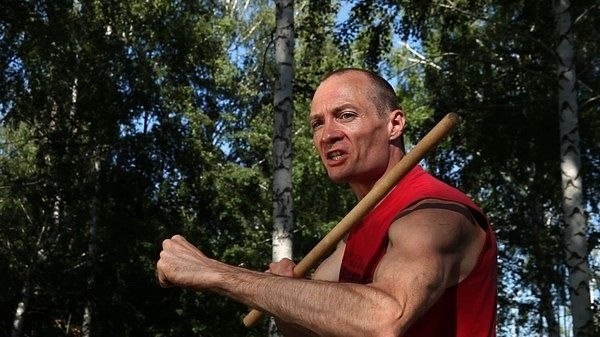
У. Сегодня специально для FIGHT-FILMS.INFO я поговорю с режиссёром короткометражных фильмов, постановщиком боёв, каскадёром и артистом цирка - Дмитрием Фёдоровым! Дмитрий, доброго времени суток!
Д. Ф. Приветствую!
Начну с традиционного вопроса - как вы пришли в мир боевых единоборств? В каком возрасте и какое из БИ было первым?
Точный возраст не помню, но был в младших классах, со мной занимался отец боксом. Он сам, в свои школьные годы был чемпионом по боксу г. Горького и Нижегородской области. Не одного боя не проиграл. Так что, помимо акробатики, иногда были и уроки бокса.
Позже уже, когда я был в старших классах, увлекся ушу. В передаче "Клуб путешественников" был ряд сюжетов о бойцах Шаолиня. Тогда я впервые увидел необычный вид боевых искусств совмещенных с акробатикой. И меня это очень заинтересовало. Правда учился я по каким-то рисункам, перепечатанным, или иногда даже перерисованным из зарубежных журналов про карате и мира единоборств. Гонконгских фильмов-боевиков тогда, в советские времена, еще не показывали в широком прокате. И эпоха видео-магнитофонов только-только начиналась...
Да, припоминаю самое начало 90-х, когда начались писаться книжки "по ниндзюцу, карате, кунг фу" с зарисовками и вкладыши от жвачек с приёмами карате и таеквондо. Но сами по себе 90-е были суровыми временами, потому спрошу - пригождалось ли умение драться?
К счастью нет. Но это было бы бесполезно. Все были вооружены. У меня на тот момент были: Электрошокер, газовый баллончик, газовый пистолет и нож-бабочка. Огнестрельным оружием так и не обзавелся. И слава Богу (Смеётся)! А вот в 2000х пригодилось: была у меня стычка в московском метро... Всё, что отрабатывал на груше, автоматом сработало против оппонента во время драки.
Расскажите подробнее, если не секрет?
Не секрет, но особо нечего рассказывать. Не люблю драки, всегда стараюсь уйти от конфликтов на улице, это самое безопасное решение для обеих сторон. Мне отец всегда говорил: самый лучший боевой прием - это "Блестящие пятки". Чувствуешь, что сейчас будет драка, поворачиваешься спиной к противнику и быстро стартуешь и бежишь, чтоб аж пятки блестели (Смеётся). Ну или строишь диалог так, что бы снять агрессивную атмосферу. Другое дело кого либо защищать. Та драка в метро, это была защита моей девушки; подробности не помню, но были руки и на финал колено с подскоком в голову.
Сурово! А вообще какие успехи у вас по боевым искусствам? Разряды, пояса, соревнования?
Вообще никаких. Все частным характером. Самые серьезные спарринги были на тренировках по рукопашному бою. Был и нокдаун от моего тренера Константина Лукьяненко. Три дня потом голова болела, ровно три дня. Я не боец-спортсмен, всего с миру по нитке. Я все же кино-боец. Это совсем другая техника. Для съемок в кино, реальных спортсменов даже приходится переучивать драться. Чтобы вовремя могли остановить удар, не травмировав каскадера, или актера. И чтобы все движения выглядели убедительными и зрелищными.
Тогда переходим к вашей цирковой карьере. Как вы нашли дорогу туда?
Я родился на этой дороге (смеётся). Здесь без выбора. Кино - это выбор, Цирк - данность.
То есть, вы родились в семье цирковых артистов, как я понял. Со скольки лет начались занятия и какое ваше основное амплуа на арене?
Да, в цирковой семье. Как говорят в цирковой мире - "Родился в опилках"!
Заниматься со мной начали еще до школы. После, уже основательно за меня взялись. Но я не любил это. Уж очень суровая школа была у меня. Слезы и кровь. Особенно с отцом не любил тренировки. Очень жестко он со мной поступал. Сейчас понимаю, что он все делал правильно. Но иногда слишком переусердствовал.
Судя по видео, у вас не одно амплуа, не так ли? Дрессировщик, клоун...
Не клоун. Эксцентрик. Да, комическое - это мой конек. А также я - акробат, фокусник, жонглер.
В общем, универсал. В связи с этим следующий вопрос, задаю его специально для тех, кто хочет связать свою жизнь с цирковой ареной. Допустим, я захотел стать артистом Цирка. Что для этого нужно сделать, к чему быть готовым в первую очередь и какая профессия (клоун, гимнаст, дрессировщик, менеджер и так далее) самая трудная?
В первую очередь, нужно иметь трюковую базу. В любом жанре и на высоком уровне. В каждом жанре максимальную трюковую базу. Менеджер вообще не имеет отношения к цирковому искусству. Быть менеджером можно в любом абсолютно бизнесе. Так же и в цирковом, что-то специфическое здесь не подразумевается.
Второе, это энергетика.... !!! Не знаю как объяснить точно и доступно. Но есть исполнители и есть артисты. Наверное правильно будет сказать, что нужно быть актером. И любой жанр в цирке имеет свои трудности, лёгких профессий нет вообще. Есть жанры связанные с опасностью для жизни и есть не опасные для жизни - но легких точно нет.
Где можно получить хорошую трюковую базу?
В цирковых студиях и школах. В цирк очень часто приходят из спорта: Спортивной гимнастики, художественной гимнастики и акробатики. Но есть и одиночки-любители-фанаты чего либо - жонглеры, или эквилибристы... Просто увлекающиеся люди, самостоятельно овладевающие каким-нибудь доступным жанром в бытовых условиях.
Вы говорите - есть исполнители и есть артисты. Я слышал, многие идут работать в цирк "потому что ничего больше делать не умеют", а многие - "потому что это их призвание". Кого из них на данный момент больше, по вашему мнению?
Фраза - " потому что больше ничего делать не умею" или, как шутят у нас в цирке - " Лишь бы на заводе не работать" это не более чем шутка.
Кстати, "потому что больше ни чего не умею" я реально слышал от сотрудников ГИБДД. Они так и сказали: "Нигде нас не взяли, ни чего больше делать не умеем поэтому пошли в ГИБДД". Больше всего просто исполнителей из спорта. Ну, половина на половину - многие спортсмены оказываются очень даже артистичными. И здесь не имеет значение призвание или место откуда ты пришел, есть исполнители и среди рожденных в цирке. Здесь уже от поцелуя Богом зависит - талант или не талант. Ну, это если по максимуму.Но важно быть и работать над собой как артист. В Первую очередь.
За свою жизнь я неоднократно посещал Цирк, даже будучи взрослым и меня всегда разбирало любопытство - почему цирковые артисты часто работают семейно, вырастая в Династии? Какие плюсы и минусы семейно-династической работы под куполом?
По разному бывает. Династия - цирковой женится на цирковой. Бывает, что цирковой берет в жены не цирковую, но вводит ее в номер или наоборот: жил парень себе обычной, оседлой жизнью, встретил цирковую девушку, теперь ходит по канату вместе с ней. Но такие случаи редки.
Плюсы: общий бюджет, зарплата в семейную копилку, больше возможности сделать еще дополнительные номера. И все время вместе, всей семьей в путешествиях и приключениях.
Минусы: Все время вместе (Смеётся). И на работе и дома: любой конфликт по работе может переместиться в домашний и наоборот. Поэтому, мудрые семьи разделяют работу от семейной жизни и рабочие споры оставляют в цирке, не выносят за пределы манежа. Но это очень тяжело.
Назовите наиболее уважаемого вами циркового артиста
Мой отец!
Часто в фильмах (Борец и Клоун, Поддубный, Гуттаперчевый Мальчик), сериалах (Кассандра) и музыкальных клипах показывают, что работа циркового артиста очень драматична и нервна, часто случаются трагедии и скандалы, а книги про жизнь артистов ещё больше добавляют "жути". Насколько показанное и описанное там соответствует реальности, много ли в таком кино "клюквы" на цирк?
Кино есть кино: там все гипертрофированно, там альтернативная реальность, там художественная подача реальной жизни.
Кино о любой профессии будет не точным, частично выдуманным и преувеличенным.
НО! Трагедий в цирке хватает, и намного более это все трагично чем в кино, кстати.
Тогда давайте плавно перейдём на кино. Поговорим о ваших работах для начала. Первое, что я видел - это боевик "Дача Номер 13", где вы бились с Алексеем Калашниковым - я был очень впечатлён, особенно после боевиков с мельтешнёй. Дмитрий Шадрин рассказал мне, что в ней не использовался оператор и всё что там было, вы снимали и делали вдвоём. Расскажите, как пришла идея этого фильма и как его в действительности снимали?
У меня была масса идей на трюки и боевую хореографию. Я до этого что-то снимал, но отдельные элементы и трюки, и это не очень было интересно смотреть. Мне хотелось придать трюкам художественную форму и смысл, поэтому я задумал "конфликт", а сюжет я внедрил в саму сцену боя. По моей идее, это фильм-трюк, я не ставил задачу дать сложность замысла, философии, или "закрученности" сюжетных ходов. Это была проба пера. К сожалению, оператора у нас не было, поэтому все на статике, камеру ставил на штатив. Да и камера была так себе, очень дешевая, miniDV, за 4000 рублей. Но я старался максимально все сделать с художественной отдачей.
Мне кажется, отсутствие оператора не помешало нисколько.
Не помешало, но очень усложнило процесс и затянуло по времени: почти две недели ушло на съемку. При каждодневной занятости... Мы с Алексеем очень устали, и физически и морально. Многое из того, что запланировали так и не сняли, многое упростили.
Вторая работа с вашим участием, которая меня впечатлила - фантастическая мелодрама "Девятое Облако" (Режиссёр Ёнгри Ким) про слепого музыканта (Дмитрий Сотириади), где вы играли одну из ролей. Снято настолько хорошо, что на минуту я поверил, что исполнитель главной роли действительно незрячий. Расскажите, как снималась эта короткометражка.
Ну, скорее, такой вопрос нужно адресовать Ёнгри Киму. Очень хорошему моему другу, талантливому человеку. Ёнгри сам из Южной Кореи. На тот момент он учился во ВГИКе. Это одна из его замечательных студенческих работ, в которую вложил собственные средства и организовал процесс на высоком профессиональном уровне - только гримеров у нас было четверо; были и краны, рельсы и масса объективов.
Кстати, в Москве Енгри Ким получал уже второе кинематографическое образование, первое у него было в Корее. И я у него проходил кастинг как фокусник, притом, ничего особенного я ему не показал, некоторых трюков у меня вообще не было, которые показаны в фильме. Но, он во мне разглядел, видимо, того кто нужен и все случилось. Я отрепетировал дополнительные трюки и все свои сцены. А дальше были еще совместные с ним работы, но уже в другом качестве: я был у него и как водитель, и как оператор-стадикамщик, и постановщик трюков и дублер и т.п. А главное, что мы очень сдружились.
Постановка у "Девятого Облака" отличная, хотелось бы увидеть и экшн-работу от Ёнгри Кима. Помимо него, насколько я знаю, вы работали и в отечественной киноиндустрии (кино, сериалы для каналов). В каких фильмах доводилось поучаствовать (трюки, каскадёрство, дублирование, роли)? Насколько тяжело работать с именитыми актёрами?
Сразу скажу, чем профессиональнее люди, тем легче и интереснее работать.
Послужной список небольшой, я ведь совмещаю цирк и кино. И кино больше хобби для меня, чем основная профессия. Как постановщик трюков работал и на Первом канале, на ТНТ как постановщик и актер. Ставил трюки для клипов и дублировал актеров. Большая, серьезная работы была и в театре - как постановщик иллюзионных трюков и экшен сцен.
Из известных - это "Обитаемый остров" Федора Бондарчука (играл Монстра), сериал "Джокер 2" (заключенный), "Ночные стражи" - дублировал Леонида Ярмольника.
Странно, но когда задают подобные вопросы, то я половину своих работ не могу вспомнить. Вспоминаю самые яркие или из последних.
Видимо, действительно хобби.
На двух стульях не усидишь. Но кино и цирк очень схожие профессии! (Смеётся)
Но пока цирк меня лучше кормит, чем кино. Значит кино - хобби!
С какого актёра/режиссёра экшн-кино все должны брать пример и почему?
Бастер Китон и Джеки Чан. Они лучшие. Они возвели Трюк на уровень искусства! Придали ему смысл. У них трюки умные, трюки со смыслом.
Ваша нынешняя работа - полнометражный фильм про "Парня в Шляпе" (по мотивам сериала с Сергеем Мориным в главной роли). Если я не путаю, это тот самый проект, которым плотно занимался Дмитрий Шадрин, призвав в помощь свою команду и даже ненадолго сумев привлечь и меня как соавтора для идей. Но после моего ухода из-за разногласий с ним, я более о проекте не слышал - до тизера. В каком статусе сейчас фильм, каков будет жанр, каков будет процент экшена от общего хронометража и кто будет играть?
Есть такое выражение - "Не говори гоп, пока не перепрыгнешь". Пока что это все "голая" идея задуманная Сергеем Мориным. И не хотелось бы спугнуть удачу - у нас в цирке стараются не говорить об идеях пока они не осуществятся. Но, как только пойдет процесс, будет основательный старт этого проекта, я обязательно обо всем расскажу. И лучше всего это сделает сам "Парень в шляпе" и автор идеи Сергей Морин.
Да будет так. Как только появятся первые полноценные трейлеры, мы поговорим про "Парня в шляпе" снова. Теперь, хотелось бы поговорить на тему современных боевиков. Вопрос как сценаристу и режиссёру - почему у нас (Россия, СНГ) всё так плохо с жанром рукопашного (да и вообще стрелкового или приключенческого) боевика и в этом плане стараются только региональные режиссёры и короткометражисты? Где наши Скотты Эдкинсы, Айзеки Флорентайны (про Джеки Чана даже не говорю)?
Первое что скажу, это то, что в нашей культуре нет Боевых искусств как национальной традиции. Так, как это делается в Китае. И так как это культивируется в Китае. Даже все, кого вы перечислили, ну кроме конечно всемирно известного китайца Джеки Чана - это герои на очень узкую зрительскую аудиторию.
В этом направлении очень удачно прорвались в мировые звезды такие актеры-бойцы как Ван Дамм, Стивен Сигал, Дон "ДРАКОН" Уилсон, Марк Дакаскос... И их фильмы, которые стали хитами, которые обладают в первую очередь интересными сюжетами. Все остальные - для любителей фильмов с боевыми искусствами. А это очень не большая прослойка зрительского интереса.
А в нашем кино, так такого жанра с боевыми искусствами нет. И это правильно. Это заведомо провальное дело. То, что мы, Русские, смотрим Китайские боевики - это для нас как экзотика. Это интерес к другой культуре. Наше кино и фильмы, любимые всеми, основаны на духовности, русской словесности, чувствах и душевности (никому непонятной, кроме нас)! И я не соглашусь только с тем, что у нас не умеют снимать приключения и "стрелялки" - уж очень много в советском и российском кинематографе фильмов, которые можно отнести к жанру "Боевик", снятых на очень хорошем уровне!
Нам нужен свой путь. Нужно делать ставку на сюжет, идею, на необычный операторский взгляд, и конечно упор сделать на трюки. Совместить все лучшее из наследия Советского кино и современных тенденций. И обязательно нужен выход на жанр - приоритетом должен быть трюк, как двигатель сюжета. Поменять систему отношения к подобным съемкам.
Сейчас режиссер приглашает команду каскадеров, которые все подготавливают и исполняют. Их снимает оператор из команды режиссера, который работает над всей картиной. Дальше, материал ложится под монтаж режиссера монтажа, который с основным режиссером по-своему все склеивает. И зачастую от работы каскадеров и постановщиков мало чего остается. Или выбираются совсем не те дубли, что портит все впечатление от трюков или просто очень мало дают время на постановку экшен-сцен, от этого и качество работы. Если уж браться за жанровое кино, то и нужен другой подход, другая система. Каждую сцену должна подготавливать и снимать полностью своя Экшен-команда. Со своим оператором и режиссером монтажа - тогда будет толк.
Кстати, могу привести пример очень крутой, отечественной трюковой работы из последнего - это фильм "Хардкор Генри". Конечно, это фильм-эксперимент, на любителя, но это самый крутой экшен который я видел за последнее время.
Согласен, Хардкор во многом спорный фильм, но для нашего кино это прорыв, надеюсь, Найшуллер двинется дальше в этом пути. Но время нашего интервью подходит к концу, потому, по уже получившейся традиции, прошу назвать 5-10 элементов для создания хорошего кинобоевика.
- Сюжет
- Актерский состав
- Оригинальность трюков
- Юмор
- Эффектная съемка
- Хорошая озвучка
- Музыка
- Стиль
- Цвет, картинка
- 1Любовь
И еще один пункт, очень важный! Это трюк, исполненный в одном кадре. Без монтажа.
И нумерация не имеет значение - это все в совокупности.
Ну что же, спасибо огромное, Дмитрий, за достаточно информативную и подробную беседу, я желаю вам успеха во всех направлениях, в которых вы принимаете участие, и жду вас на интервью снова, когда будут готовы новые трейлеры ваших работ! До скорой встречи!
Спасибо! До Встречи!



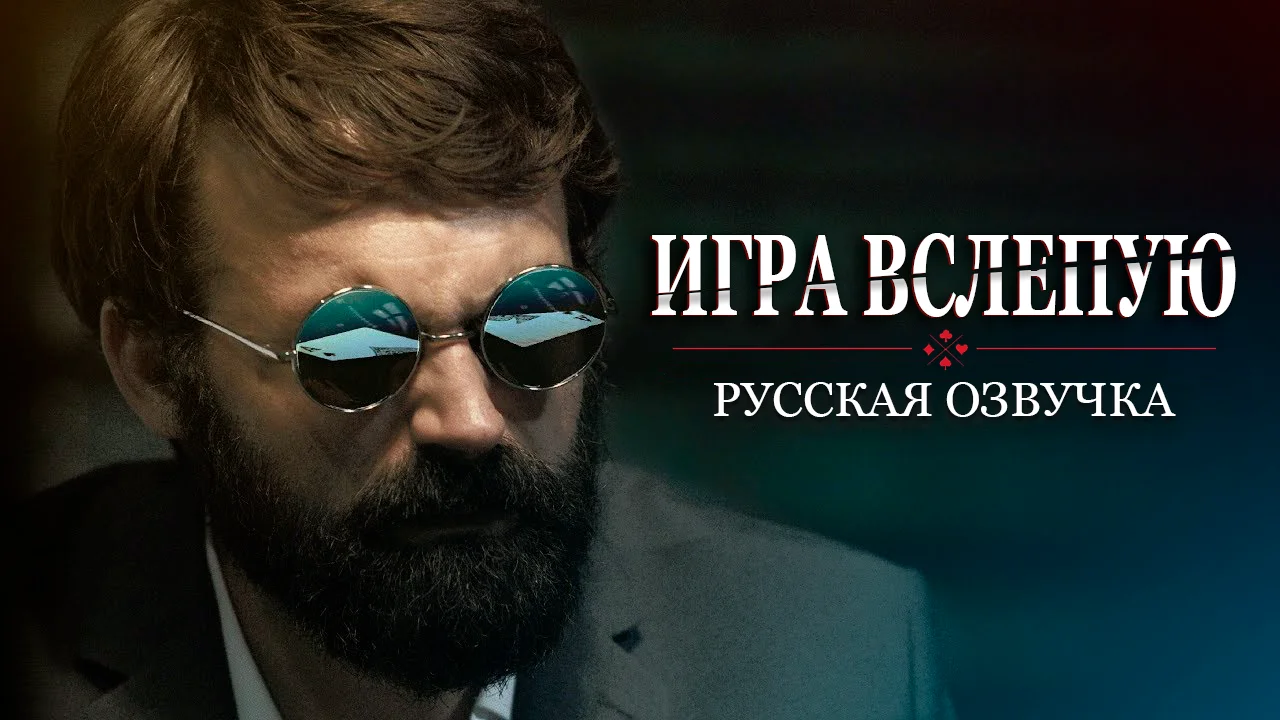
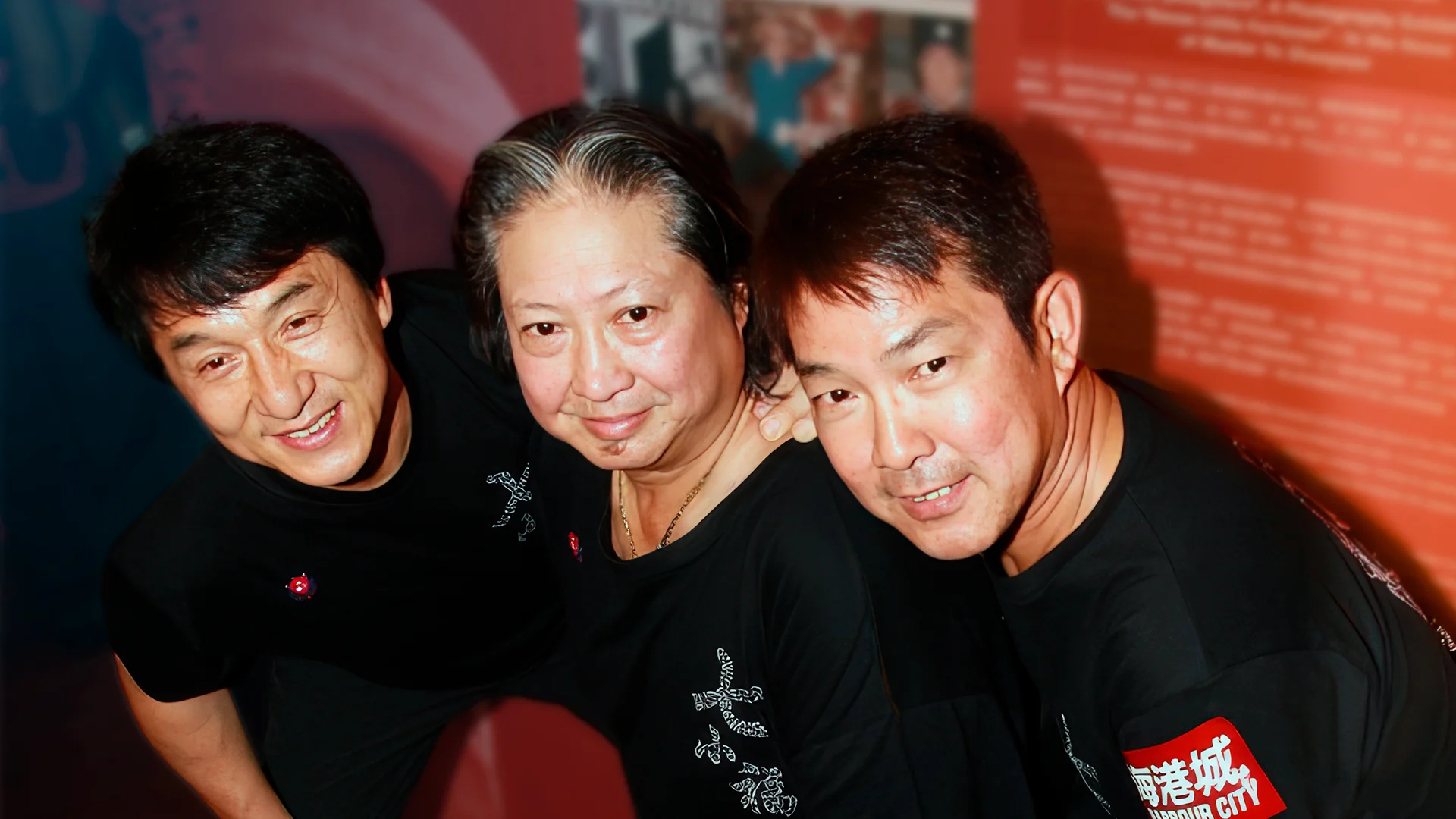
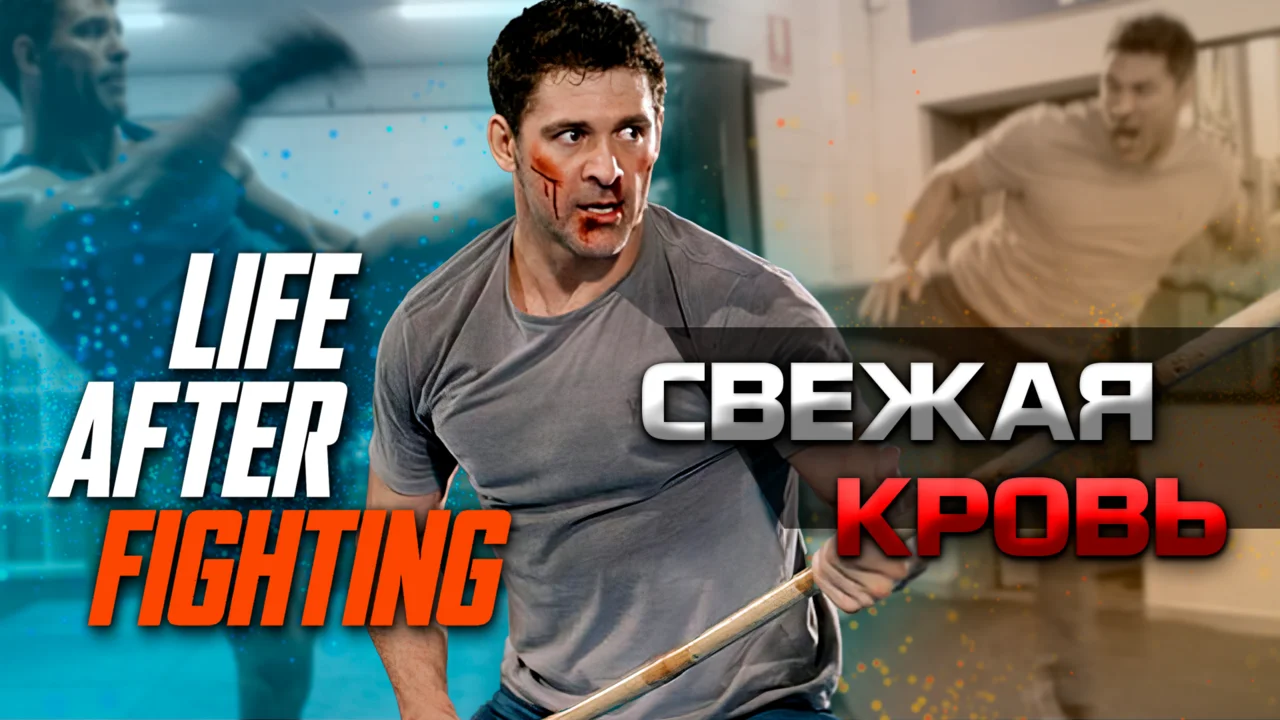
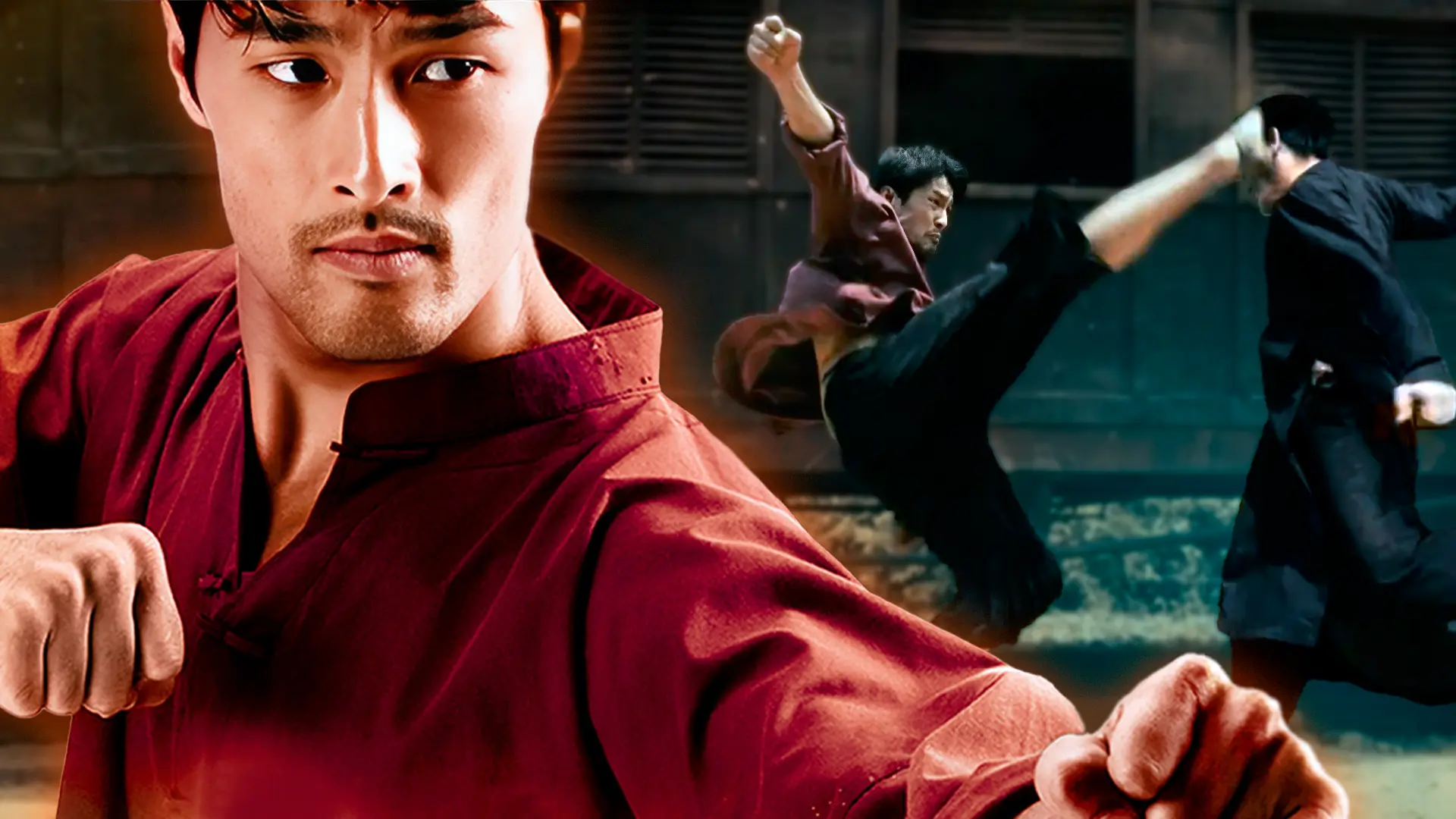
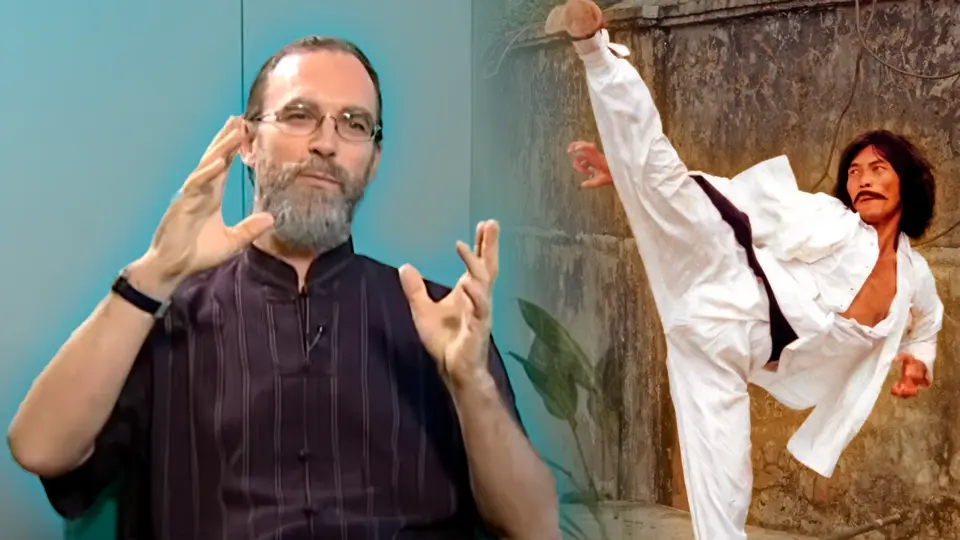


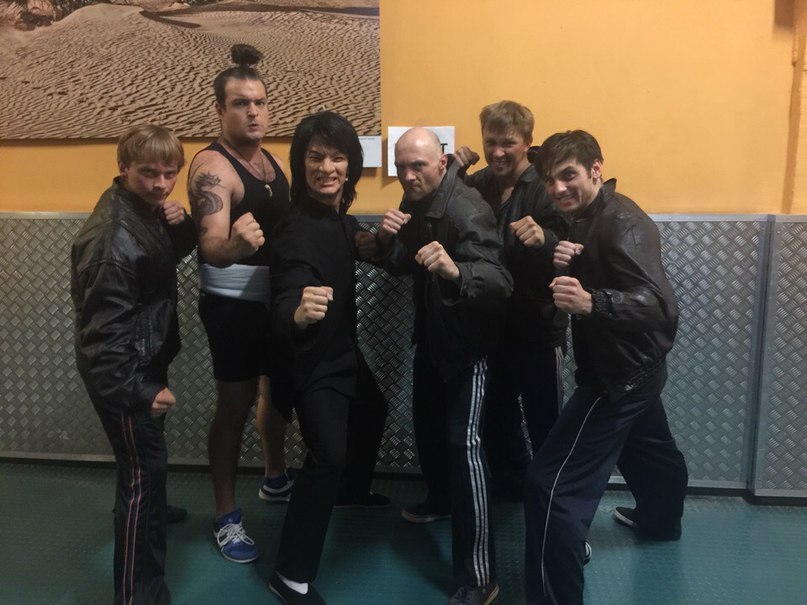

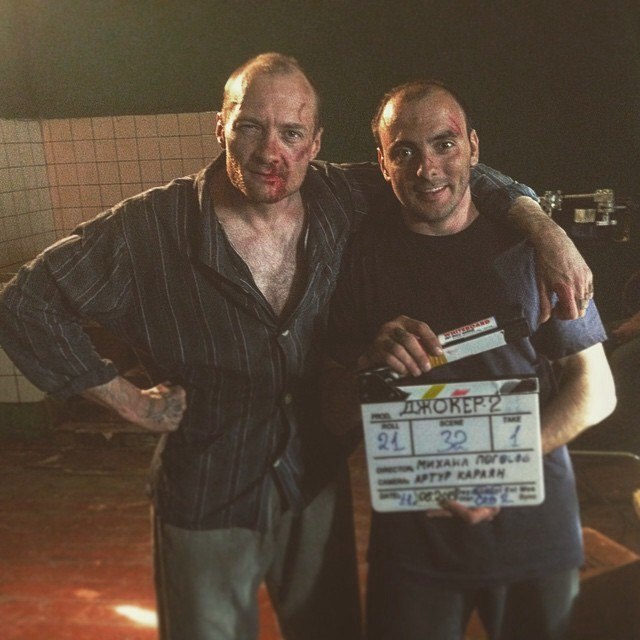
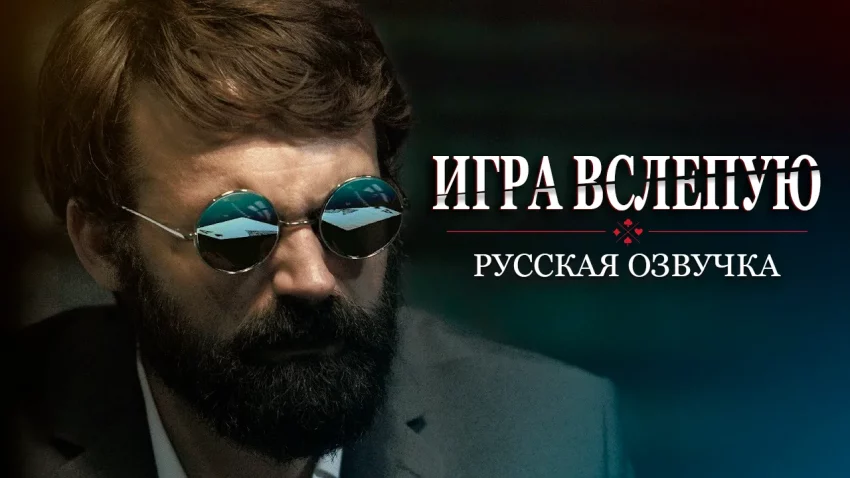
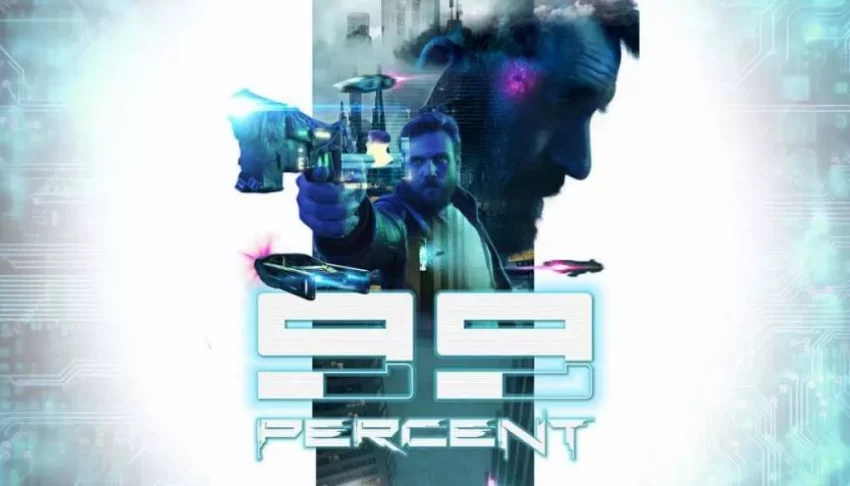

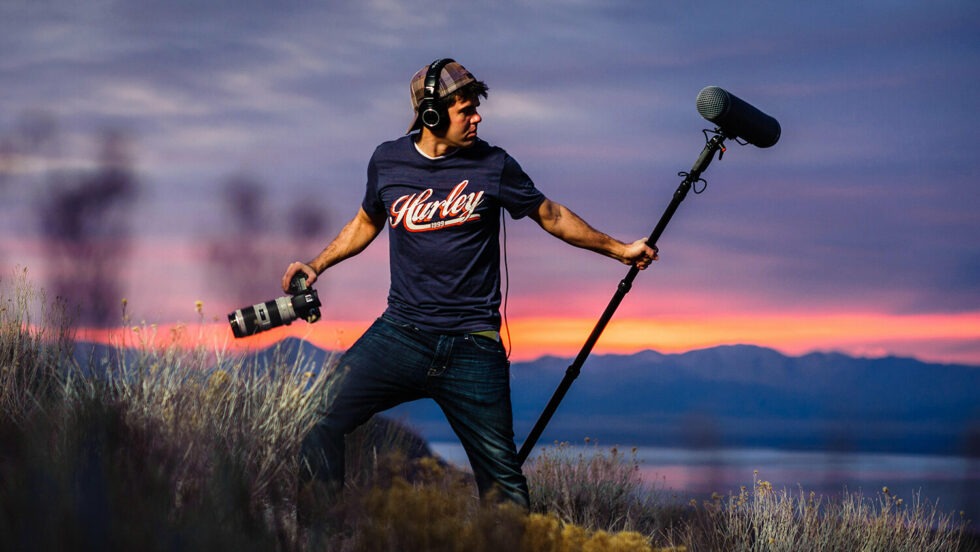
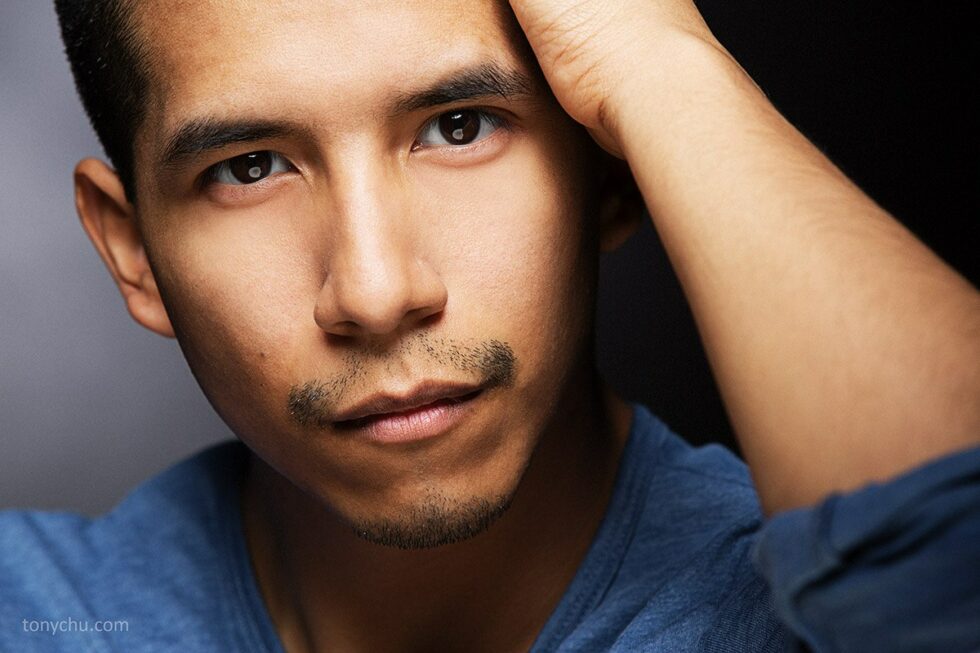
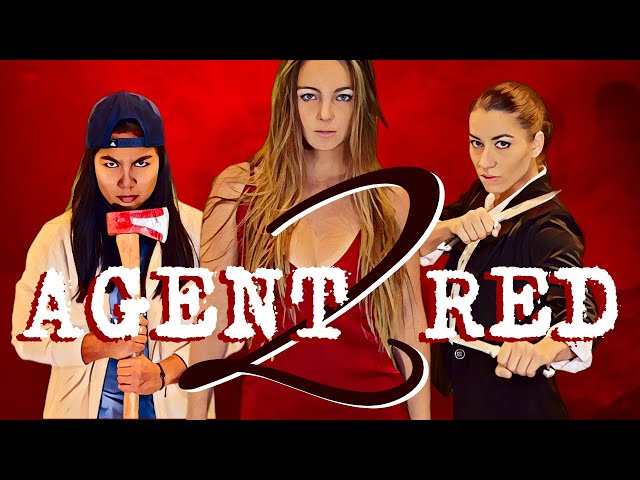
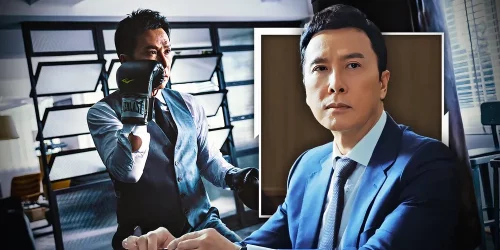
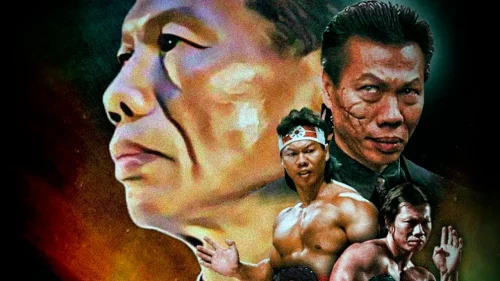

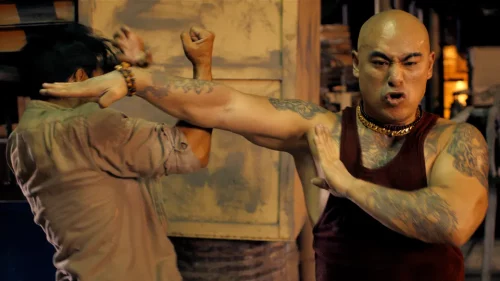
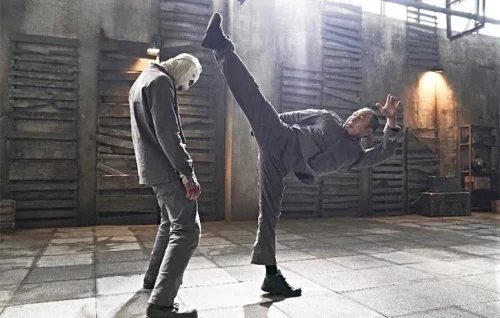
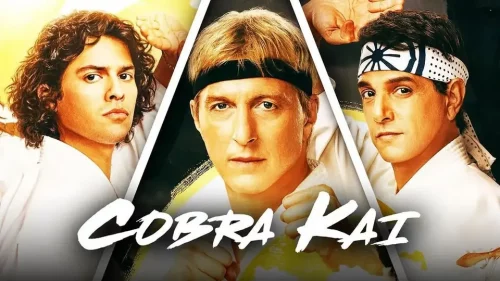

Отличные интервью! Спасибо!
ДИВ,
Спасибо что читаете. Но поактивнее, поактивнее, народ)))